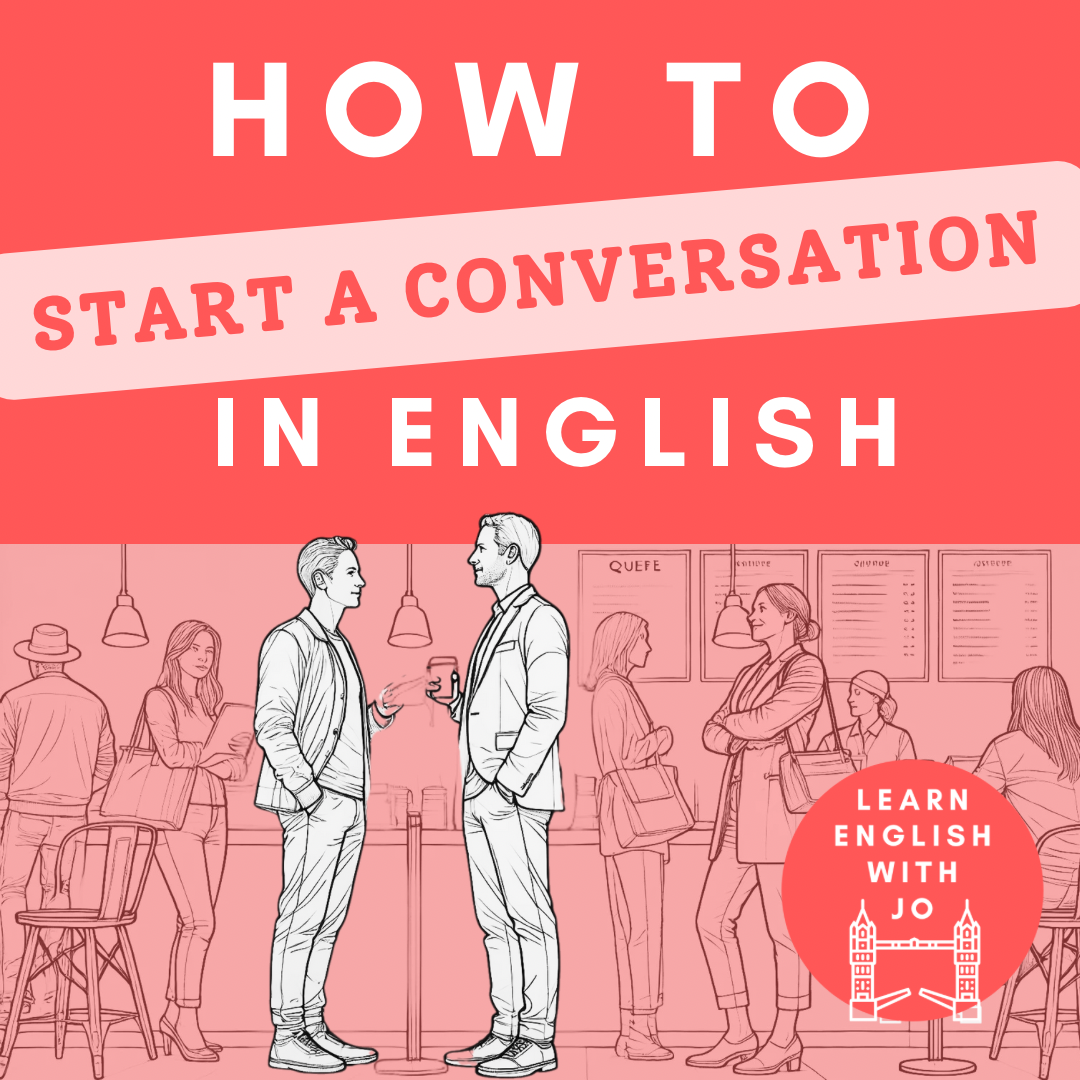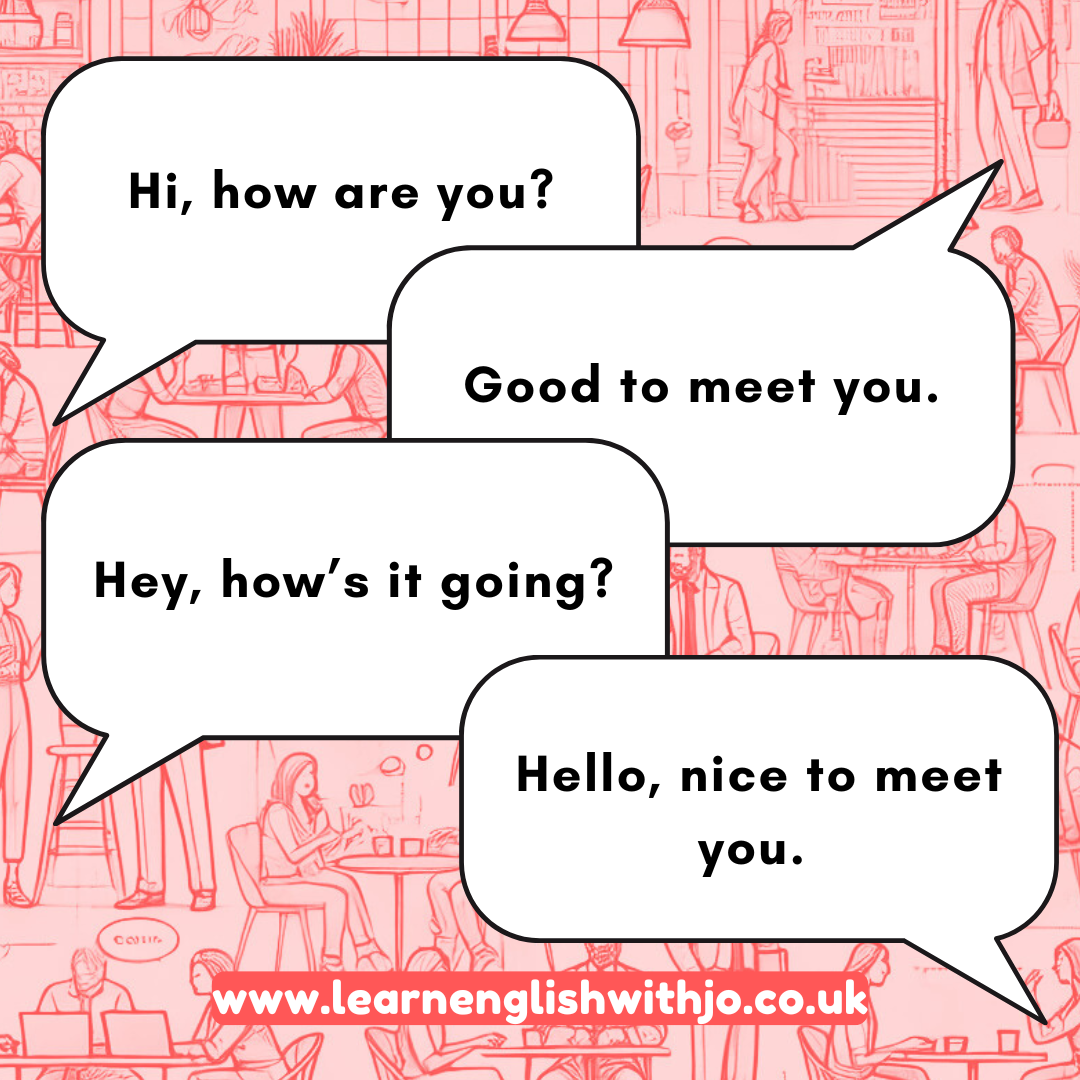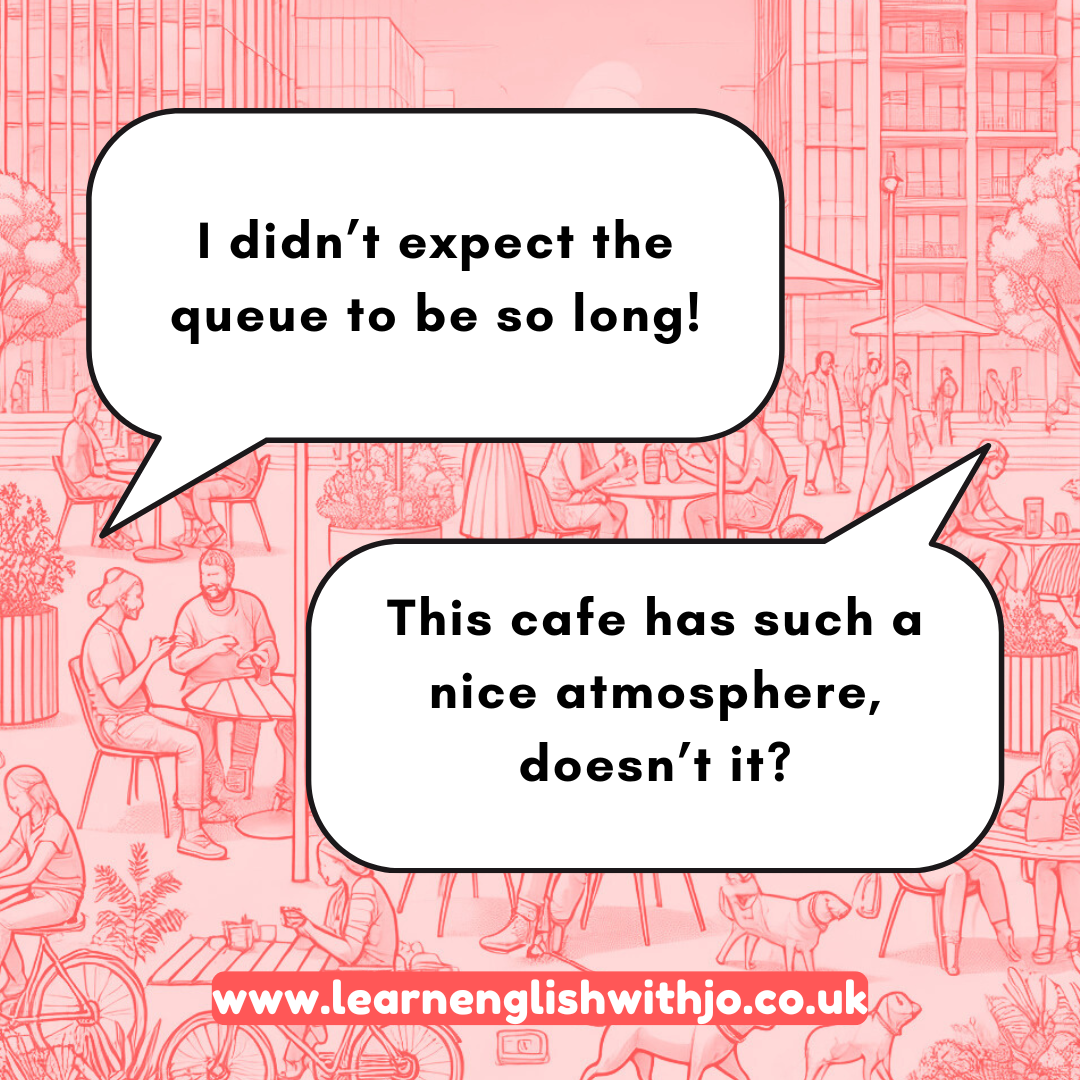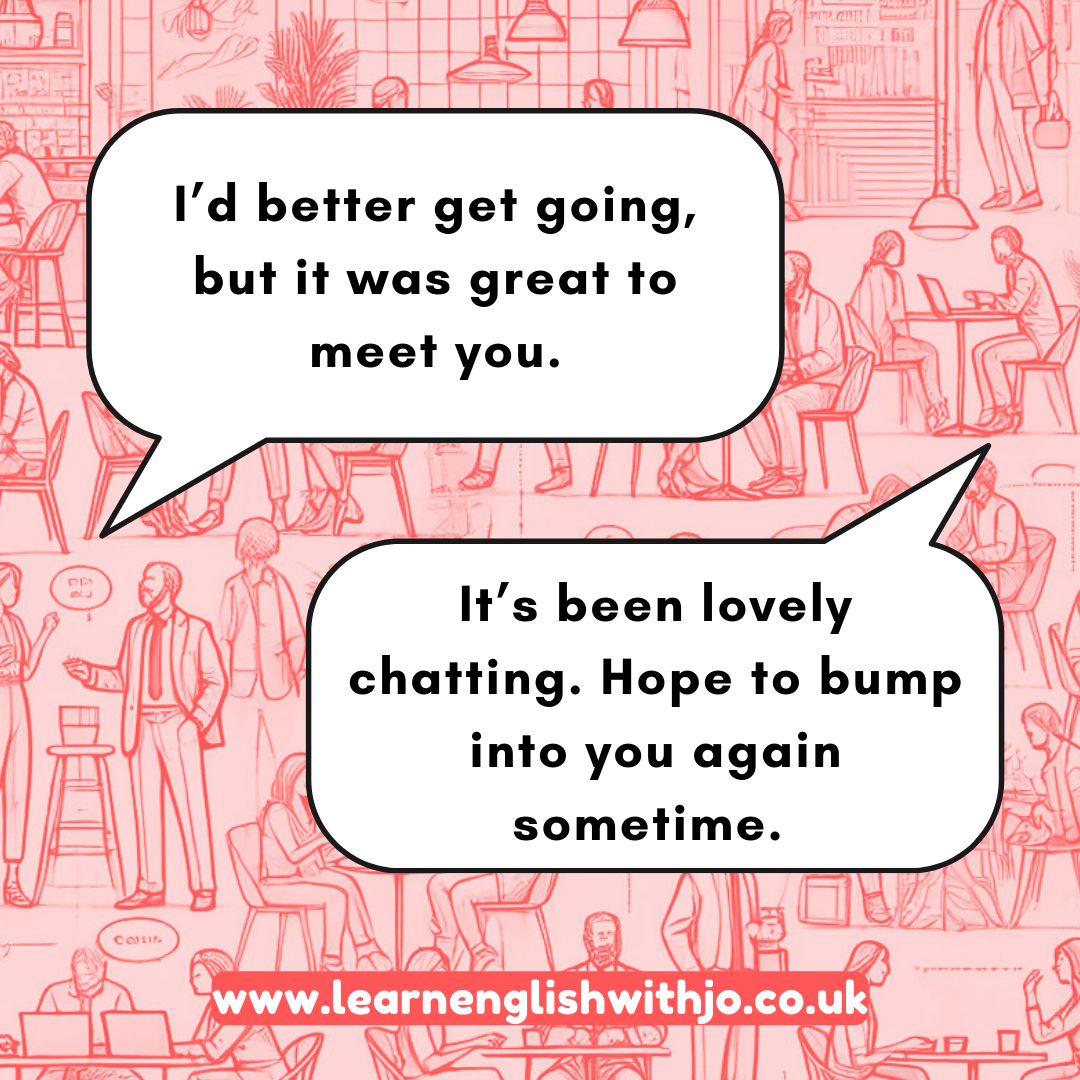How to Start a Conversation with a Stranger in English: 10 Tips You Need to Know
Starting a conversation with a stranger can feel a bit daunting, can’t it? Even more so if English isn’t your first language!
Whether it’s at a party, in a queue, or during a networking event, you might feel a touch nervous, unsure of what to say, or worried about how you’ll come across. But here’s the good news: small talk is a skill you can absolutely learn—and it doesn’t have to be awkward or painful.
If you’re looking to improve your confidence and connect more easily with others, these 10 tips will help you master the art of starting conversations in English.
1. Begin with a Friendly Greeting
A simple ‘Hi, how are you?’ or ‘Hello, how’s your day going?’ can open the door to a conversation. It’s polite, approachable, and gives the other person space to respond.
Pro Tip: Add a smile! It makes you look friendly and helps put both of you at ease.
2. Comment on Your Surroundings
If you’re not sure what to say, use what’s around you for inspiration. ‘This café has such a nice atmosphere, doesn’t it?’ or ‘ I didn’t expect this queue to be so long!' can work wonders.
People often enjoy commenting on shared experiences—it creates an instant connection.
3. Compliments Work Like Magic
Everyone loves a genuine compliment. ‘I love your jacket—where did you get it?’ or ‘That book you’re reading looks interesting. Is it any good?’ are great conversation starters.
Just make sure your compliments feel authentic—people can sense when it’s forced!
4. Ask Open-Ended Questions
Avoid yes-or-no questions and go for ones that encourage a longer response. For example:
‘What brings you here today?’
‘How did you get into [topic of interest]?’
Open-ended questions show genuine curiosity and keep the conversation flowing.
5. Use Small Talk Topics
Certain topics are universally safe and easy to discuss:
The weather: ‘Lovely day, isn’t it?’
News or current events: ‘Did you hear about…?’
Food or drinks: ‘Have you tried anything here before?’
These might seem simple, but they’re a great way to get the ball rolling.
6. Share Something About Yourself
If you want someone to open up, start by sharing a little about yourself. For example: ‘I’m new here—any recommendations for good places to eat?’ or ‘I’ve just started learning photography—it’s harder than I expected!’
This invites the other person to share their own experiences.
7. Pay Attention to Body Language
Sometimes, it’s not about what you say but how you say it. Stand or sit with an open posture, make eye contact, and avoid crossing your arms.
A warm and welcoming presence makes people feel comfortable talking to you.
8. Show Genuine Interest
When someone responds, really listen. Nod, smile, and ask follow-up questions based on what they’ve said.
For example: If they mention their love of travel, you could ask, ‘Where’s the best place you’ve visited?’ Showing you’re interested will make the conversation feel natural and enjoyable.
9. Keep It Light at First
When talking to strangers, it’s best to keep the conversation light and positive. Avoid diving into heavy topics like politics or personal issues straight away.
Think of it like dipping your toes in the water—you can always go deeper later.
10. Don’t Be Afraid to End It Gracefully
Not every conversation will go on forever, and that’s okay. If things start to fizzle out or you need to leave, end with something polite like:
‘It’s been lovely chatting—hope you enjoy the rest of your day!’
‘I’d better get going, but it was great meeting you.’
Leaving on a friendly note leaves a positive impression.
Starting a conversation with a stranger in English doesn’t have to feel scary—it’s all about finding those small connections and building on them. The more you practice, the easier it gets, and who knows? You might just make a new friend or learn something interesting along the way.
So, next time you find yourself next to a stranger, take a deep breath, smile, and try one of these tips.








